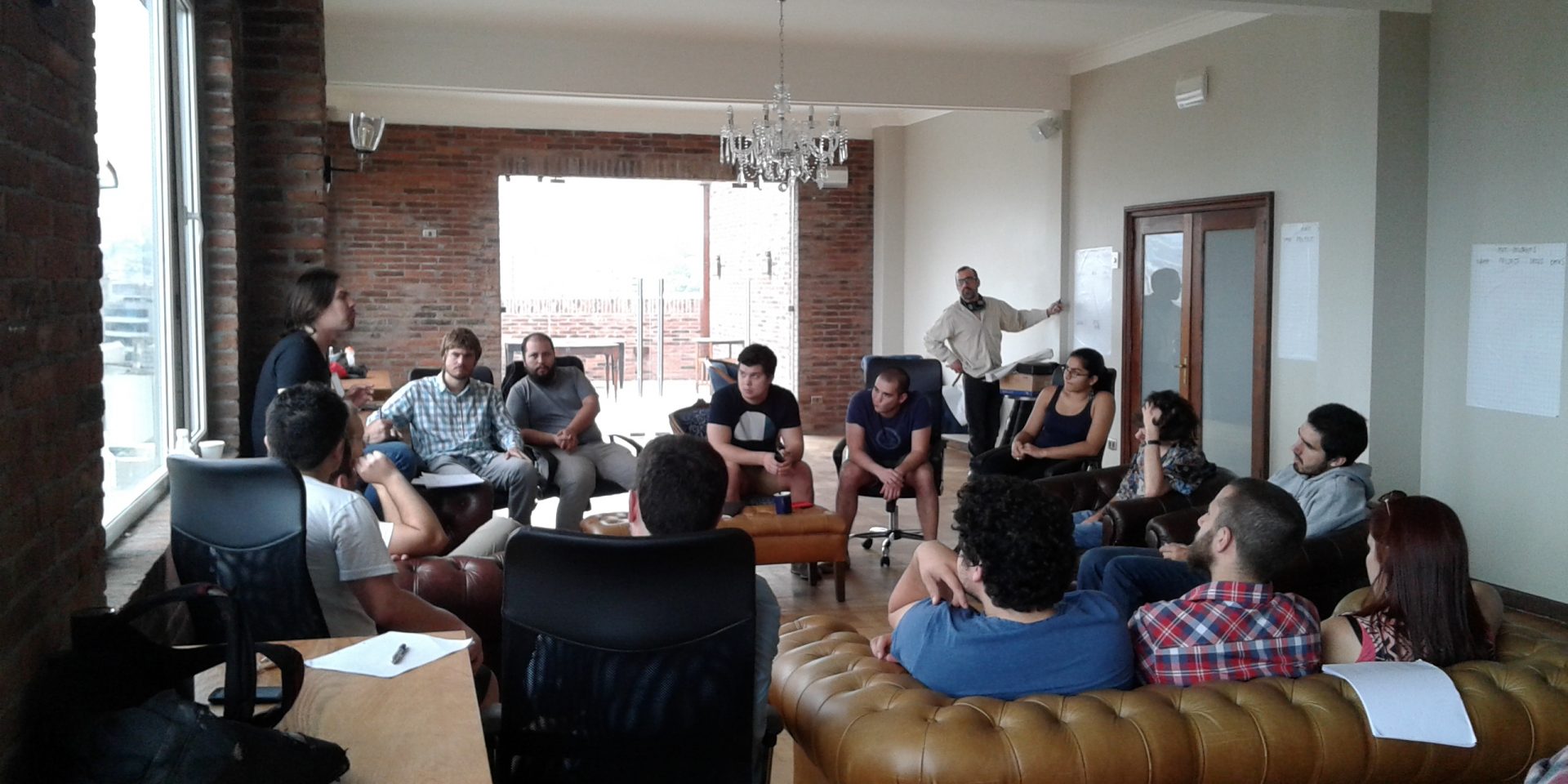

How do we decide what course to take in complex situations? Ricardo Guzmán studies the consistency of our intuitions against a parameterized moral dilemma in which the experimental subjects faced a set of decisions in which they had to choose between military strategies that involve the sacrifice of different numbers of civilians and military. This paper analyzes the rationality of moral intuitions and questions whether we are measuring that rationality well, or whether we can use microeconomic methods to determine the role of institutions. The project illustrates our central interest in the study of the foundations of morality, in this case, the formation of moral judgments. Our ascription to the naturalist turn is reflected in the conceptual framework on which the project is based: evolutionary psychology.

EVOLUTIONARY PSYCHOLOGY
One of the principles of this branch of psychology is that our behavior and the formation of judgments come from the process of adapting to specific domains of interaction -the war in this case- that evolved ancestrally and that should be expressed in the consistency of training. of judgments. As in the bonobos project, this project also highlights the use of a novel technique of analysis to the context in question (the GARP methodology from microeconomic theory and that is used to measure the consistency of decisions within the market against changes in prices and income).
 |
Ricardo GuzmánPrincipal ResearcherPh.D. en Economía, Pontifica Universidad Católica de Chile. |
 |
Leda CosmidesCo-Director Center for Evolutionary Psychology, UCSBPh.D. en Psicología Cognitiva, University of Harvard. |
 |
María Teresa BarbatoDCCS StudentsB.Sc. in Biological Sciences. Mention in Natural Resources and Environment. Pontificia Universidad Católica de Chile. |
PAPERS
|